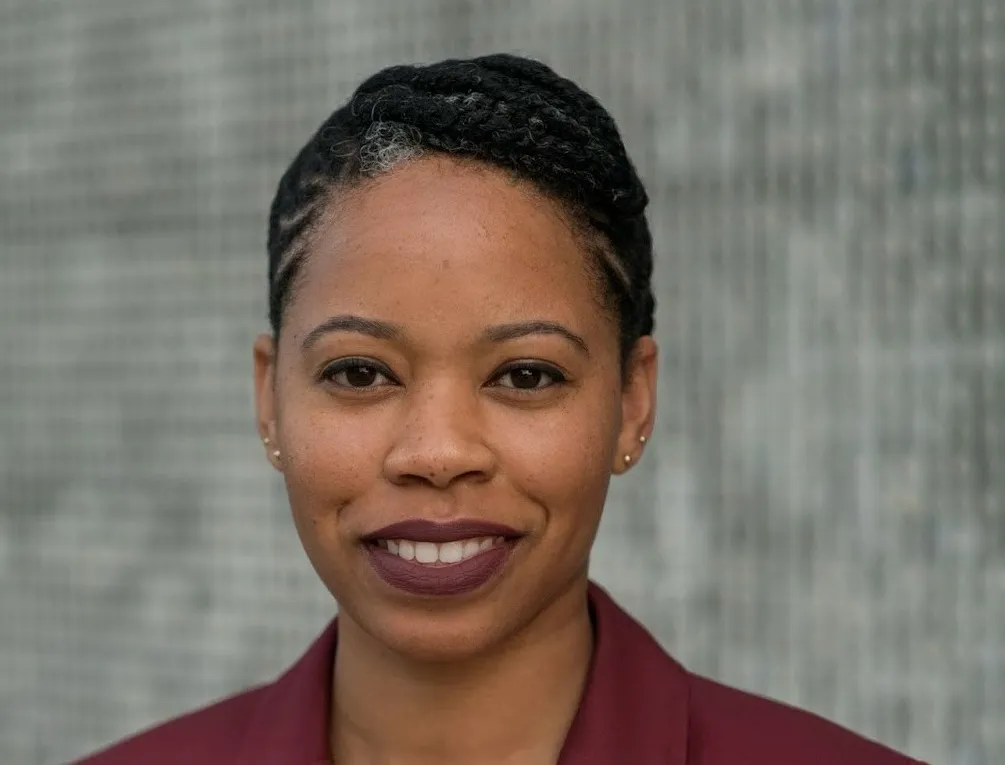The UK’s Transport Research Laboratory (TRL) has announced its acquisition of Transport & Travel Research Limited (TTR), making it a wholly owned subsidiary of TRL. TRL has been a minority shareholder in TTR since 2010, building a close and successful partnership between the two companies.
TTR will continue to operate as an independent organisation. TTR’s chairman, David Blackledge has stepped down from the board to take on a role as Special Advisor, while TRL's chief executive, Rob Wallis, is appointed
April 15, 2014
Read time: 2 mins
The UK’s Transport Research Laboratory (491 TRL) has announced its acquisition of Transport & Travel Research Limited (TTR), making it a wholly owned subsidiary of TRL. TRL has been a minority shareholder in TTR since 2010, building a close and successful partnership between the two companies.
TTR will continue to operate as an independent organisation. TTR’s chairman, David Blackledge has stepped down from the board to take on a role as Special Advisor, while TRL's chief executive, Rob Wallis, is appointed chairman of TTR, in addition to his other group company responsibilities with immediate effect. All other operational and management functions and activities of TTR remain unchanged. Blackledge will particularly focus on the continuing opportunities for TTR within EU markets.
This acquisition has been welcomed by both organisations and will further enhance their strategic market opportunities. During the past few years there has been increasing evidence of the value of the partnership to their respective clients, with the bringing together and strengthening of teams in a range of specialist transport areas. It has also facilitated the broadening of both TRL and TTR’s capabilities in both UK and wider international markets.
TTR will continue to operate as an independent organisation. TTR’s chairman, David Blackledge has stepped down from the board to take on a role as Special Advisor, while TRL's chief executive, Rob Wallis, is appointed chairman of TTR, in addition to his other group company responsibilities with immediate effect. All other operational and management functions and activities of TTR remain unchanged. Blackledge will particularly focus on the continuing opportunities for TTR within EU markets.
This acquisition has been welcomed by both organisations and will further enhance their strategic market opportunities. During the past few years there has been increasing evidence of the value of the partnership to their respective clients, with the bringing together and strengthening of teams in a range of specialist transport areas. It has also facilitated the broadening of both TRL and TTR’s capabilities in both UK and wider international markets.










